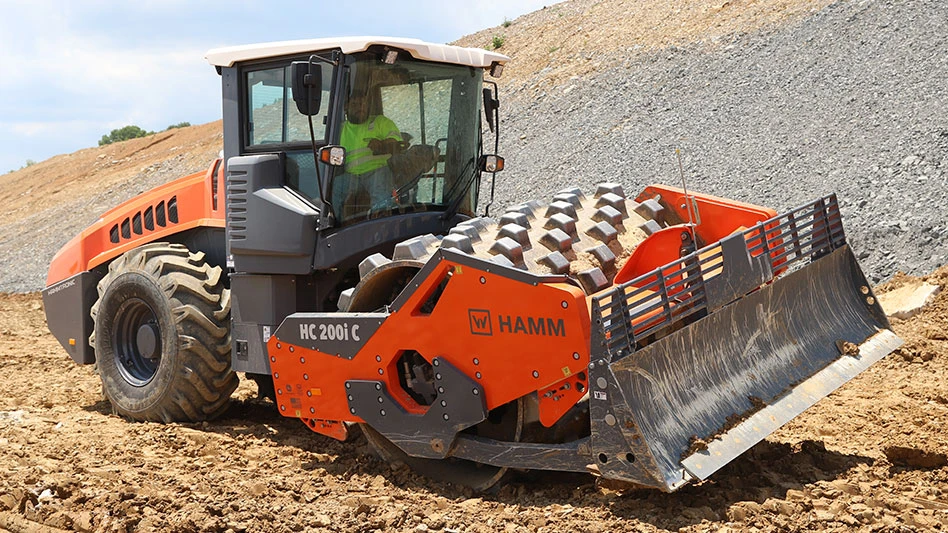
Photo by Brian Taylor.
Container shipping firms Hapag-Lloyd and Mediterranean Shipping Co. (MSC) reportedly have indicated they will no longer accept scrap metal or paper as cargo to ports in the People’s Republic of China.
A report on the New York-based Maritime Logistics Professional website indicates Switzerland-based MSC announced in early June that it would stop accepting such shipments, while Germany-based Hapag-Lloyd has set a Sept. 1 deadline for accepting scrap cargo to China.
The online report indicates a mid-June Hapag-Lloyd notice makes references to a law passed in April in China that will take effect in September. That law, according to this notice, “holds carriers and importers responsible for the return and disposal of ‘solid waste’ that fails to meet import requirements.”
The same notice uses language that puts secondary commodities into the “waste” category, including “cargo such as waste paper, waste plastics, waste metals, waste chemicals, etc.”
The shipping line announcements add one more layer of confusion to a scrap import landscape in China that has been opaque and confusing for buyers, shippers and traders alike throughout the first half of 2020.
Agencies of China’s central government have indicated at various times that they will ban all scrap imports at the end of 2020, but they also lowered the tariff on nonferrous scrap shipped from the United States in April. China’s government may reclassify some types of nonferrous scrap as resources rather than “waste,” and that they are considering doing the same for some types of ferrous scrap.
But in mid-June, Chinese government agencies raided several recycling facilities and issued statements again indicating hostility to imported secondary commodities, referring to them as “illegal trash imports.”
Recyclers are increasingly reluctant to ship even high-grade copper and aluminum scrap to China until its government puts the new “resource” designation in place, and shipping lines are now showing the same disinclination.
“The lack of transparency and definitive lines of regulator responsibility are very difficult to discern, which only adds to the opaque nature of the present situation,” Michael Lion tells Recycling Today. Lion is a trader with Hong Kong-based Everwell Resources Ltd. and is chair of the International Trade Committee of the Brussels-based Bureau of International Recycling (BIR).
Says Lion of the potential new resource categorization for high-grade nonferrous scrap, “As of this moment [there] appears to be no definitive timeline for the new regime to commence; this may have abundant reasons, not least the [lack of] implementation procedures and necessary training to undertake them.”
Another Hong Kong trader said his contacts have told him the nonferrous scrap as a resource specification has been published, but customs agency personnel are not fully briefed on it. Scrap buyers in China “are nervous to commit” as of late June, he adds, but they still think high-grade copper and aluminum scrap will eventually be upgraded to a resource category from a “waste,” possibly as soon as early July.
Some China-based metals producers have invested to melt scrap in Southeast Asia so they can instead ship ingots to China, and two recent investments announced in the United States—one in North Carolina and the other in Ohio—would increase its ability to melt more of its own copper scrap domestically.
In the paper sector, Hong Kong-based Nine Dragons Paper Ltd. is among the companies with operations in China that have invested to convert scrap paper sourced in North America into a pulp product it can ship into China.
Latest from Construction & Demolition Recycling
- USTMA announces Tire Recycling Foundation
- New York landfill owners accused of permit violations
- Biden-Harris administration touts clean construction materials progress
- Stellar debuts NXT68 hooklift at WasteExpo
- Metso now offers diesel-electric Lokotrack models
- Green Mattress Recycling hires new CEO
- Collapsed Baltimore bridge brought down with chain of explosives
- Volvo CE broadens services commitment with minority stake in fleet software developer





